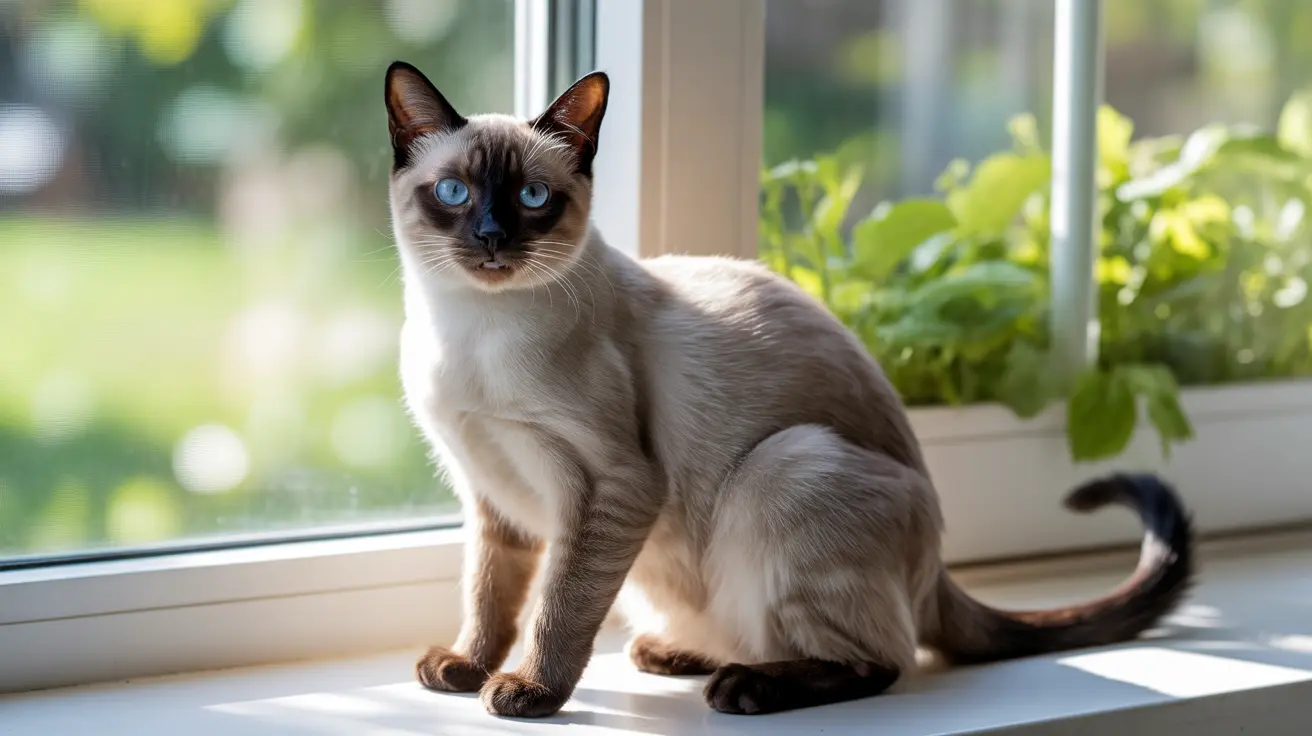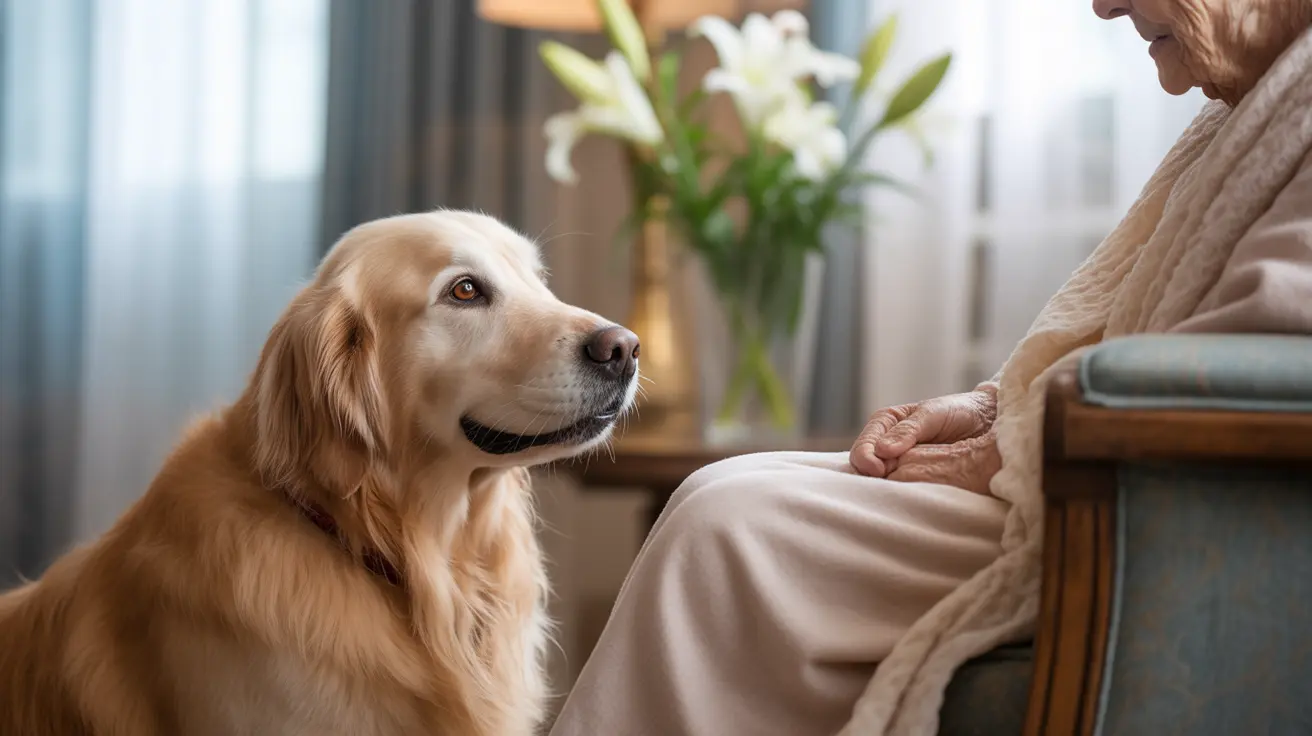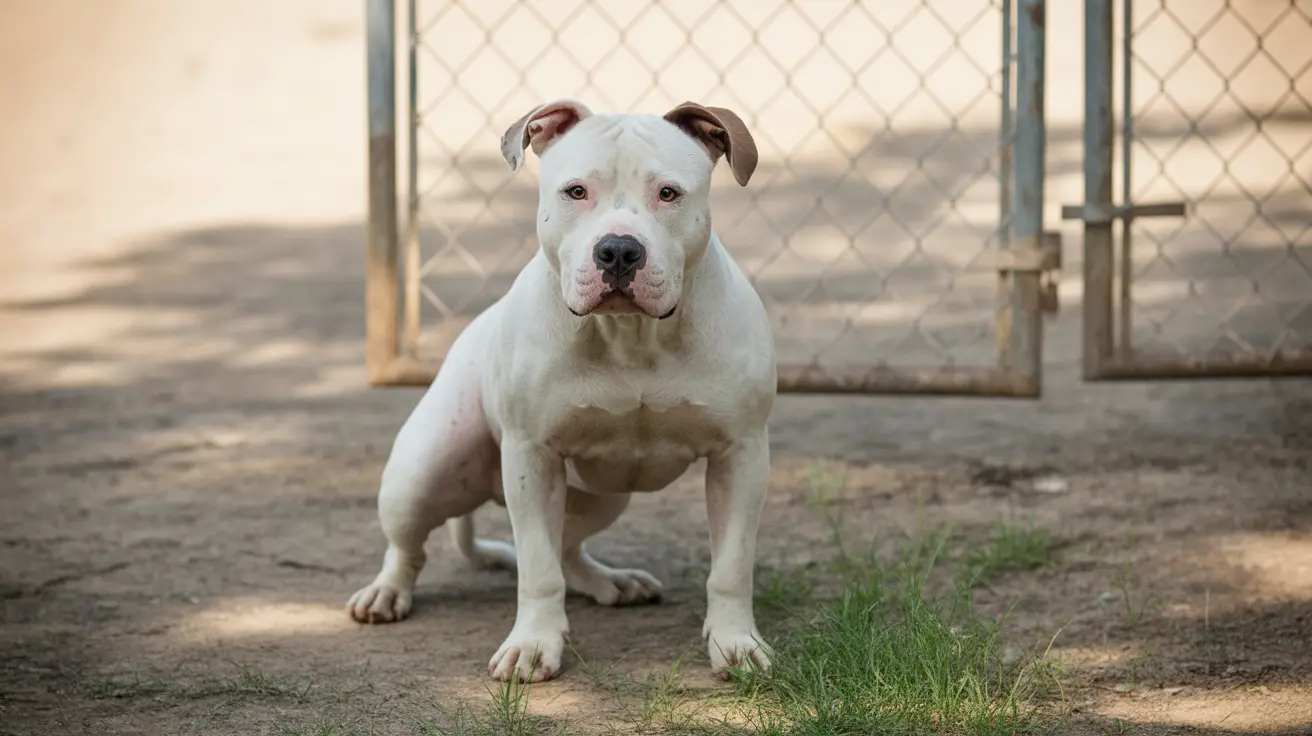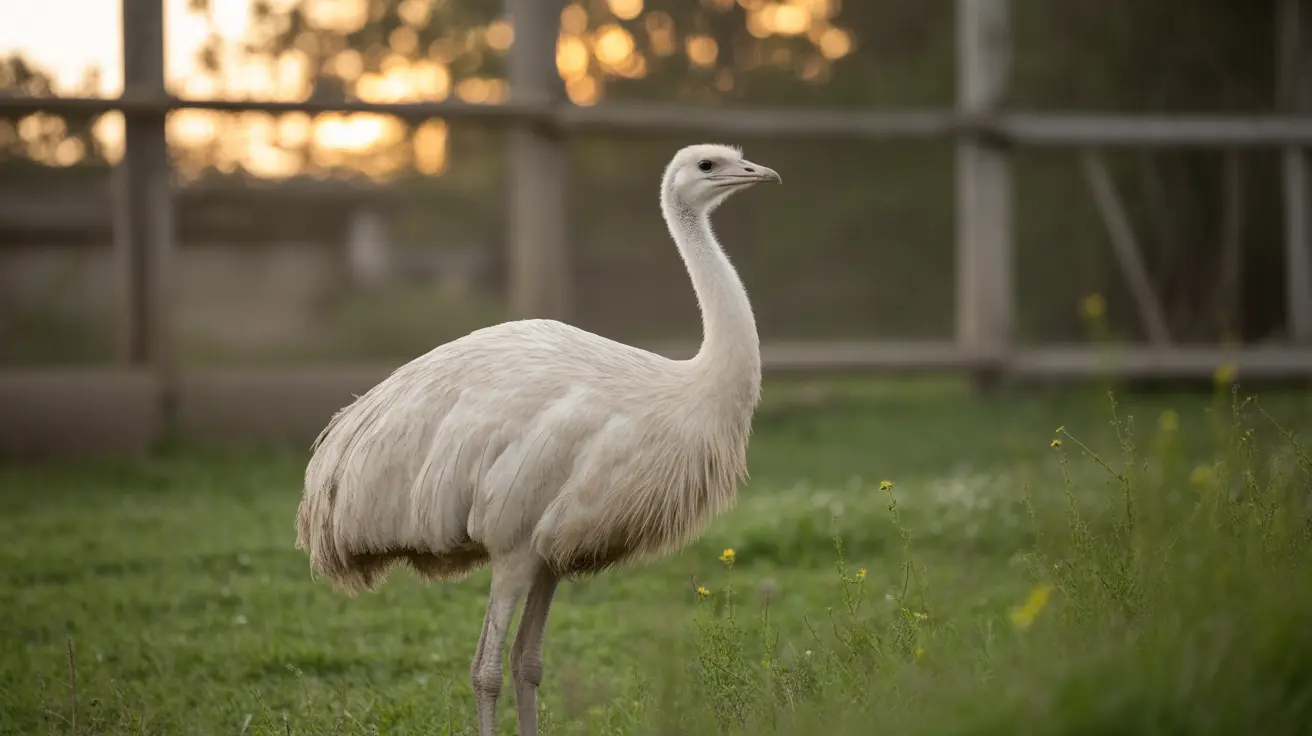Purring is a complex behavior that involves the rapid movement of muscles within the larynx, causing vibrations as air passes through. Gulping, on the other hand, is a swallowing reflex that can occur when saliva builds up or when something irritates the throat. When these two actions occur together, it may indicate that your cat is trying to manage excess saliva, soothe throat irritation, or cope with mild nausea. Observing the frequency and context of this behavior helps determine whether it’s a benign quirk or a symptom of something more serious.
Before jumping to conclusions, it’s important to note that occasional gulping during purring can happen in healthy cats. For example, after grooming or eating, a cat might swallow more often to clear its throat. However, if gulping becomes frequent, intense, or accompanied by other signs such as drooling, coughing, or changes in appetite, it’s time to look deeper into possible causes. This leads us to explore the most common medical and behavioral explanations behind this curious combination.
Possible Medical Causes Behind Gulping While Purring
Several health conditions can cause a cat to gulp while purring. The most common involve the throat, mouth, or digestive tract. One frequent culprit is throat irritation due to hairballs, allergies, or mild infections. When a cat’s throat feels scratchy or inflamed, it may swallow repeatedly to relieve the sensation. Dental issues such as gingivitis, tooth abscesses, or oral ulcers can also trigger excessive swallowing, as pain or inflammation in the mouth makes it uncomfortable to purr normally.
Another possible cause is acid reflux or gastrointestinal discomfort. Just like humans, cats can experience reflux when stomach acid backs up into the esophagus. This can cause a burning sensation that leads to gulping or swallowing motions. In some cases, gulping may also be linked to nausea or early signs of vomiting. Cats with chronic conditions like inflammatory bowel disease (IBD) or food sensitivities may show these symptoms more frequently, especially after eating or when lying down to rest.
Respiratory infections are another factor to consider. Viral or bacterial infections can cause congestion, postnasal drip, or throat inflammation, all of which may lead to gulping sounds. If your cat also sneezes, coughs, or has watery eyes, an upper respiratory infection might be the cause. Less commonly, gulping can indicate something more serious, such as a foreign object stuck in the throat or even a growth in the mouth or esophagus. In these cases, immediate veterinary attention is essential to prevent choking or further complications.
Because the range of possible medical explanations is broad, it’s best to observe your cat’s overall behavior and note any additional symptoms. Persistent gulping, drooling, or difficulty swallowing should always prompt a vet visit. Early diagnosis can prevent minor irritations from developing into more serious health issues.
Behavioral and Environmental Factors
Not all gulping while purring stems from illness. Sometimes, the cause is behavioral or environmental. Cats are sensitive creatures, and stress can manifest in subtle physical ways. When anxious or overstimulated, a cat may swallow more frequently as part of a self-soothing mechanism. This can happen during petting sessions, when meeting new people, or in response to loud noises or changes in routine. In such cases, gulping is a sign of emotional tension rather than physical discomfort.
Overstimulation during petting is a particularly common trigger. Some cats enjoy being stroked but reach a threshold where the sensation becomes too intense. They may start to gulp, twitch their tails, or flatten their ears as a signal that they need a break. Recognizing these cues helps prevent stress and maintains a positive bond between you and your pet. Similarly, cats that purr while anxious—such as during vet visits or car rides—may also gulp as part of their coping response.
Environmental factors like dry air, dust, or strong scents can also irritate a cat’s throat, leading to gulping. Ensuring good air quality, regular cleaning, and avoiding heavily scented products can reduce these triggers. If your cat’s gulping occurs mainly in certain rooms or after exposure to specific stimuli, environmental adjustments may solve the problem without medical intervention.
Understanding the emotional and environmental context of your cat’s behavior helps you distinguish between stress-related gulping and signs of illness. Once you identify the likely cause, you can take steps to make your cat’s surroundings more comfortable and supportive.
How to Respond and When to See a Veterinarian
When you notice your cat gulping while purring, the first step is careful observation. Note how often it happens, whether it occurs during specific activities, and if other symptoms accompany it. Occasional gulping after grooming or eating is usually harmless, but persistent or intense episodes warrant closer attention. Keeping a brief log of your cat’s behavior can help your veterinarian identify patterns and potential triggers.
If you suspect a medical cause, schedule a veterinary appointment. The vet may perform a physical examination, check the mouth and throat, and possibly recommend diagnostic tests such as X-rays, blood work, or endoscopy. These tests can reveal issues like dental disease, reflux, or obstructions. Early detection is key to effective treatment and preventing complications. Never attempt to inspect your cat’s throat deeply at home, as this can cause injury or stress.
In the meantime, you can make small adjustments to support your cat’s comfort. Ensure fresh water is always available, as hydration helps soothe the throat. Feeding smaller, more frequent meals may reduce reflux symptoms. If your cat tends to gulp after eating, try using a slow-feeder bowl to prevent rapid swallowing. Maintaining a calm environment and minimizing stressors can also reduce anxiety-related gulping.
- Monitor frequency and context of gulping episodes.
- Check for additional symptoms such as drooling, coughing, or appetite loss.
- Provide fresh water and a calm environment.
- Use slow-feeder bowls to prevent rapid eating.
- Consult a veterinarian if gulping persists or worsens.
By combining observation with timely veterinary care, you can ensure that your cat receives the right attention and treatment. This proactive approach not only addresses the gulping behavior but also promotes overall health and comfort.
Preventive Care and Long-Term Management
Once any underlying medical issues are treated, prevention becomes the next priority. Regular dental care is one of the most effective ways to reduce gulping caused by oral discomfort. Brushing your cat’s teeth, offering dental treats, and scheduling professional cleanings can prevent gum disease and tooth decay. A healthy mouth makes purring more comfortable and reduces the likelihood of swallowing reflexes triggered by pain.
Diet also plays a crucial role. Feeding high-quality, easily digestible food supports digestive health and minimizes reflux or nausea. If your cat has known sensitivities, your vet may recommend a hypoallergenic or limited-ingredient diet. Avoid sudden changes in food type or feeding schedule, as these can upset the stomach and lead to gulping or other digestive symptoms. Hydration is equally important—wet food or water fountains can encourage cats to drink more, keeping their throats moist and healthy.
Environmental enrichment helps reduce stress-related gulping. Provide safe hiding spots, vertical climbing spaces, and interactive toys to keep your cat mentally stimulated and relaxed. Consistent routines and gentle handling foster a sense of security. If your cat is prone to anxiety, pheromone diffusers or calming supplements may help. Regular vet checkups ensure that any emerging issues are caught early, preventing minor discomforts from escalating into chronic problems.
- Maintain dental hygiene through brushing and professional cleanings.
- Feed a balanced, easily digestible diet and ensure proper hydration.
- Provide environmental enrichment and reduce stress triggers.
- Schedule routine veterinary checkups for early detection of issues.
- Monitor behavioral changes and adjust care as needed.
With consistent preventive care, most cats can enjoy purring without discomfort. Paying attention to small behavioral cues like gulping helps you stay attuned to your cat’s health and emotional state, strengthening the bond you share.
Gulping while purring can be a simple quirk or a sign of something more significant. By observing your cat’s behavior, considering both medical and environmental factors, and seeking veterinary advice when needed, you can ensure your feline friend remains healthy and comfortable. Whether the cause is a mild throat irritation, dental issue, or stress response, timely attention makes all the difference. A calm, well-cared-for cat will purr freely—without the worrisome gulping sounds that once caused concern.
FAQ
Why does my cat gulp when purring?
Gulping while purring can result from several factors, including throat irritation, dental discomfort, acid reflux, or mild nausea. Sometimes, it’s simply a reflex after grooming or eating. However, if the gulping is frequent or accompanied by drooling, coughing, or appetite changes, it may indicate an underlying health issue. Observing when and how often it occurs helps determine whether it’s a benign habit or a symptom that requires veterinary evaluation.
Is gulping while purring dangerous?
Occasional gulping is usually harmless, especially if your cat shows no other signs of distress. But persistent or intense gulping can signal problems such as dental disease, throat inflammation, or gastrointestinal discomfort. If your cat seems uncomfortable, refuses food, or exhibits other unusual behaviors, it’s best to consult a veterinarian. Early diagnosis ensures that any potential issue is treated before it becomes serious.
Can stress cause my cat to gulp?
Yes. Cats often manifest stress through subtle physical behaviors, and gulping can be one of them. Overstimulation during petting, loud noises, or changes in environment can trigger swallowing as a self-soothing response. Providing a calm, predictable environment and recognizing your cat’s comfort limits can reduce stress-related gulping. If anxiety seems persistent, your vet may recommend behavioral strategies or calming aids.
Could gulping indicate a hairball problem?
Hairballs are a common cause of throat irritation in cats. When loose fur accumulates in the stomach, it can cause mild nausea or throat discomfort, leading to gulping or swallowing motions. Regular grooming and hairball-control diets can help reduce this issue. If your cat frequently gags or vomits hairballs, discuss preventive options with your veterinarian to ensure the digestive tract remains healthy.
What should I do if my cat gulps frequently?
Start by monitoring your cat’s behavior closely. Note when the gulping occurs, how long it lasts, and whether other symptoms appear. Offer fresh water and maintain a calm environment. If the gulping persists for more than a few days or is accompanied by drooling, coughing, or appetite loss, schedule a veterinary appointment. The vet can perform an examination and recommend appropriate tests or treatments.
Can dental problems cause gulping?
Absolutely. Dental disease is one of the most common causes of gulping in cats. Inflammation, tooth decay, or oral ulcers can make swallowing uncomfortable, especially during purring. Regular dental care—including brushing, dental treats, and professional cleanings—helps prevent these issues. If your cat resists eating or drools excessively, a dental checkup is strongly advised.
How can I prevent gulping while purring?
Prevention involves maintaining good oral hygiene, feeding a balanced diet, and minimizing stress. Regular vet visits ensure early detection of dental or digestive issues. Providing fresh water, using slow-feeder bowls, and keeping your cat’s environment calm also help. By addressing both physical and emotional factors, you can significantly reduce the likelihood of gulping episodes.
When should I take my cat to the vet?
Seek veterinary care if gulping becomes frequent, intense, or accompanied by other symptoms such as drooling, coughing, vomiting, or loss of appetite. These signs may indicate an underlying medical condition that requires treatment. Even if your cat seems otherwise healthy, a professional examination provides peace of mind and ensures that no hidden issues are overlooked.
Can gulping be related to acid reflux?
Yes, acid reflux can cause gulping in cats. When stomach acid irritates the esophagus, it triggers swallowing motions as the cat tries to relieve discomfort. Feeding smaller meals, avoiding fatty foods, and keeping your cat upright after eating can help manage reflux symptoms. If the problem persists, your veterinarian may recommend dietary adjustments or medication to reduce stomach acidity.
Is gulping while purring common in older cats?
Older cats are more prone to conditions that can cause gulping, such as dental disease, reduced saliva production, or digestive issues. Age-related changes in muscle tone and swallowing reflexes can also contribute. Regular veterinary checkups become increasingly important as cats age, allowing early detection and management of these issues. With proper care, even senior cats can purr comfortably without gulping.






